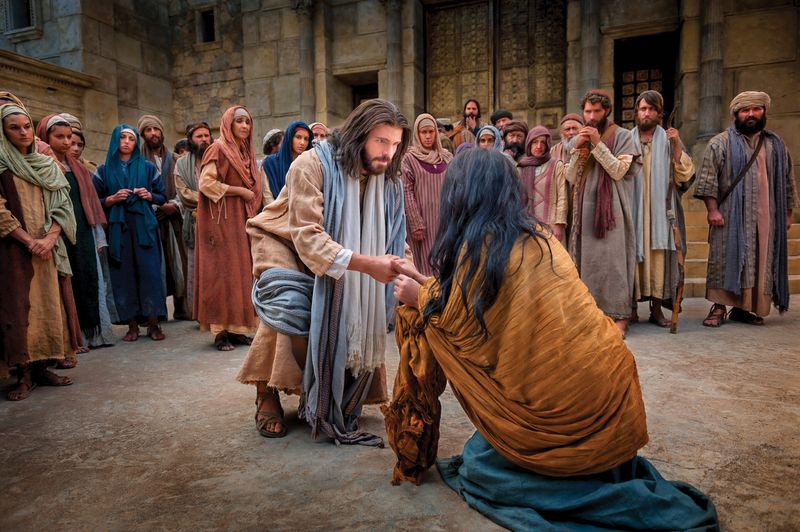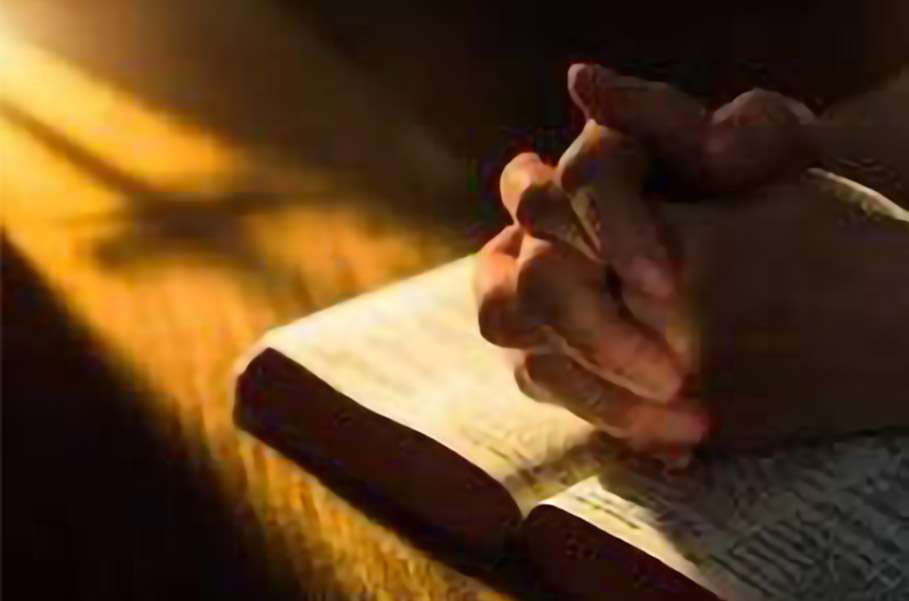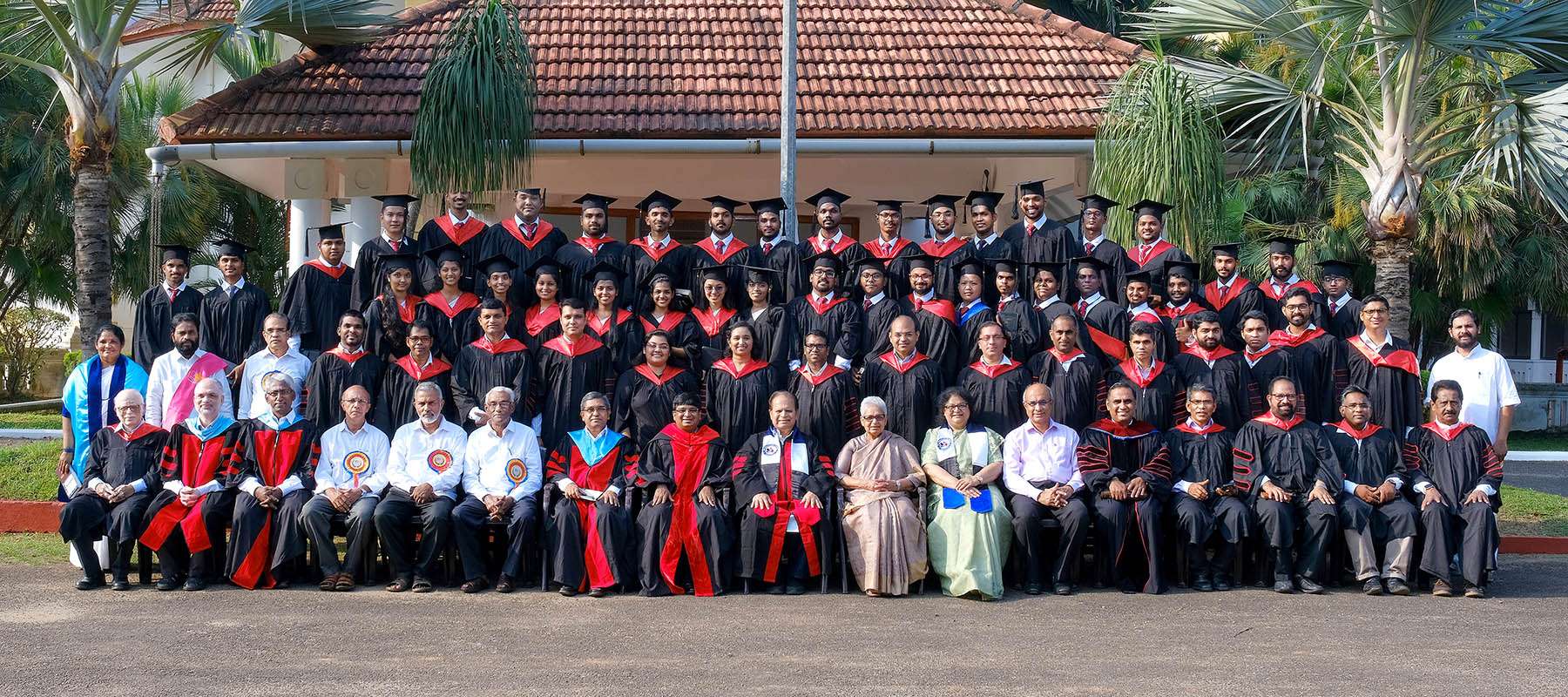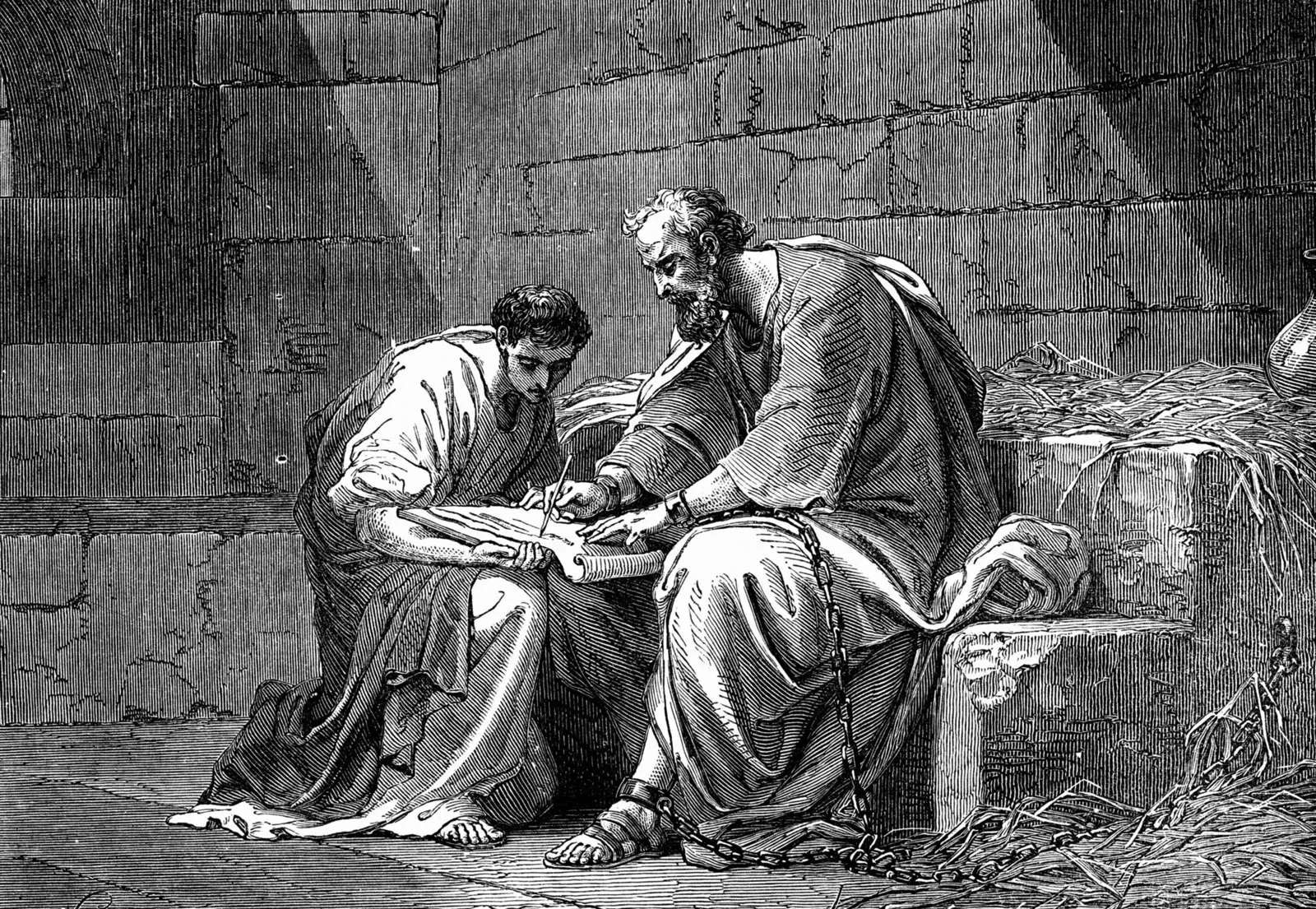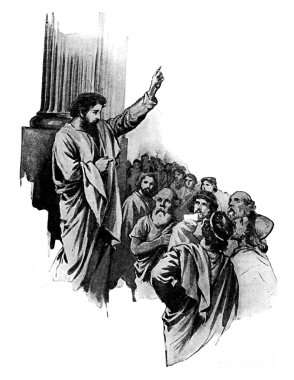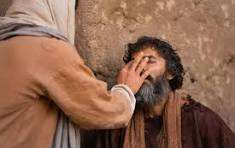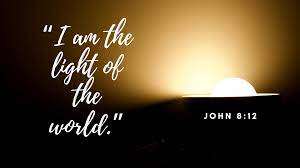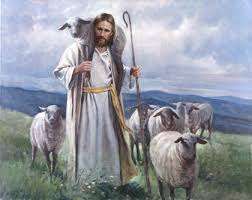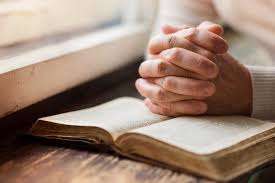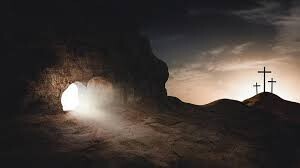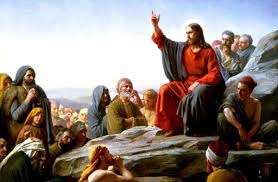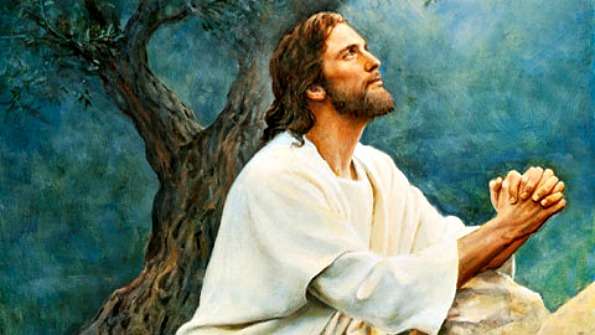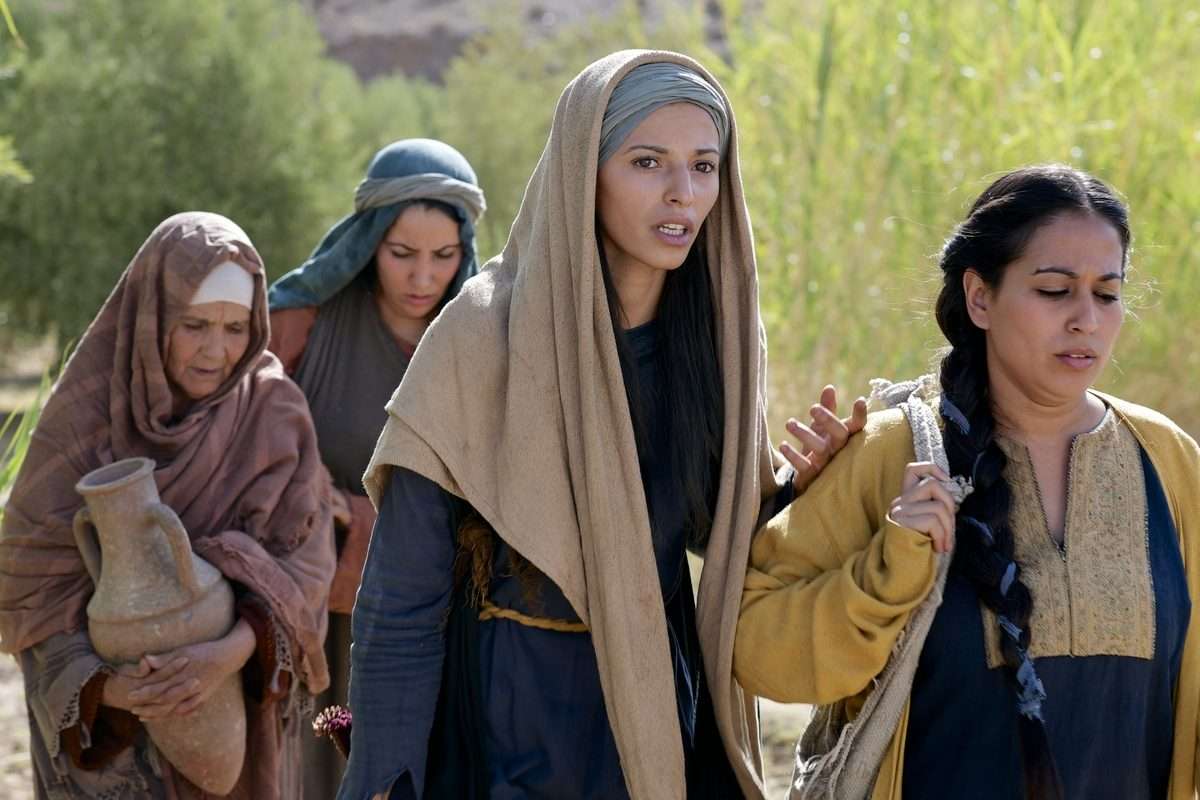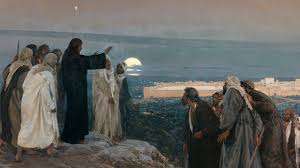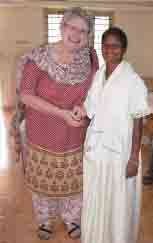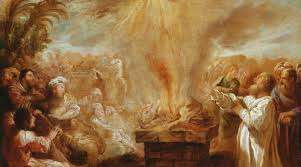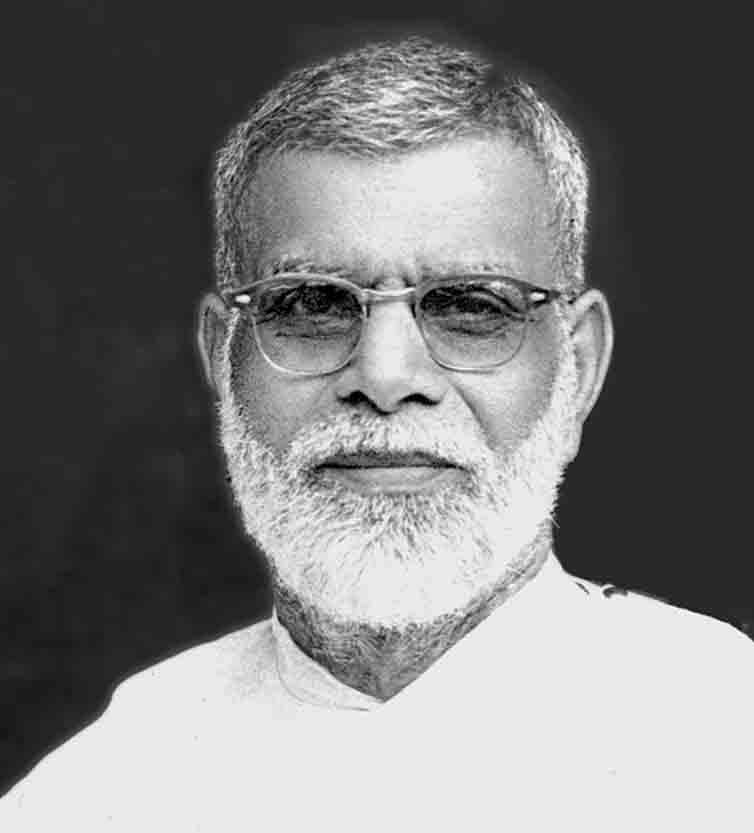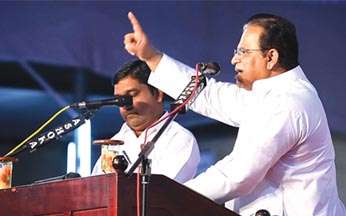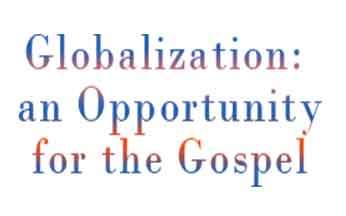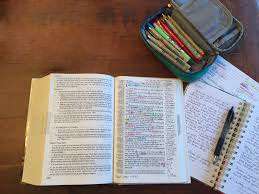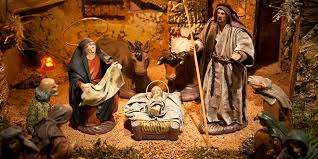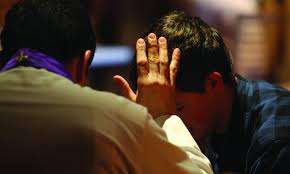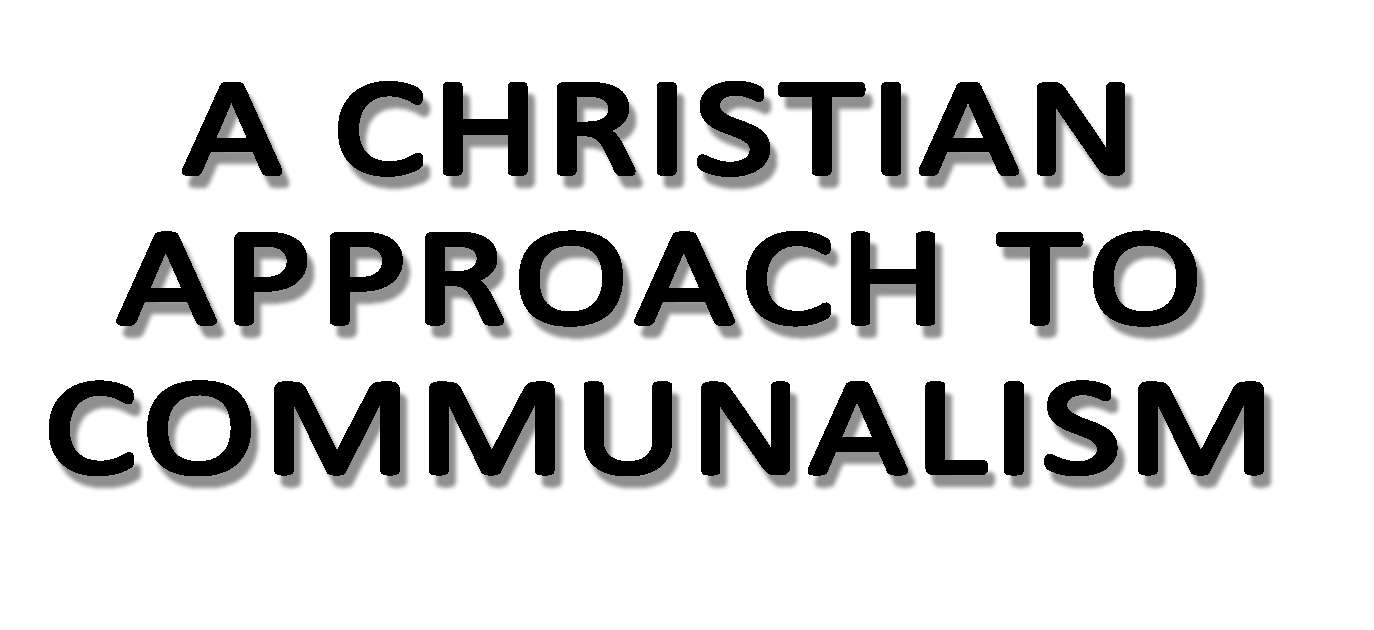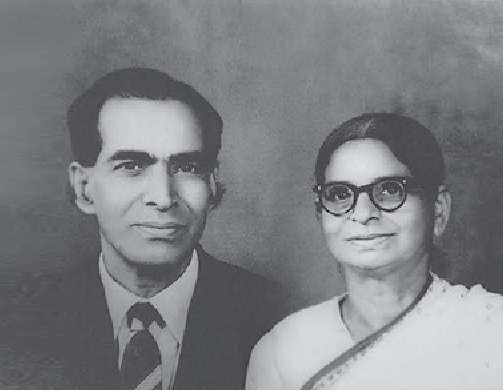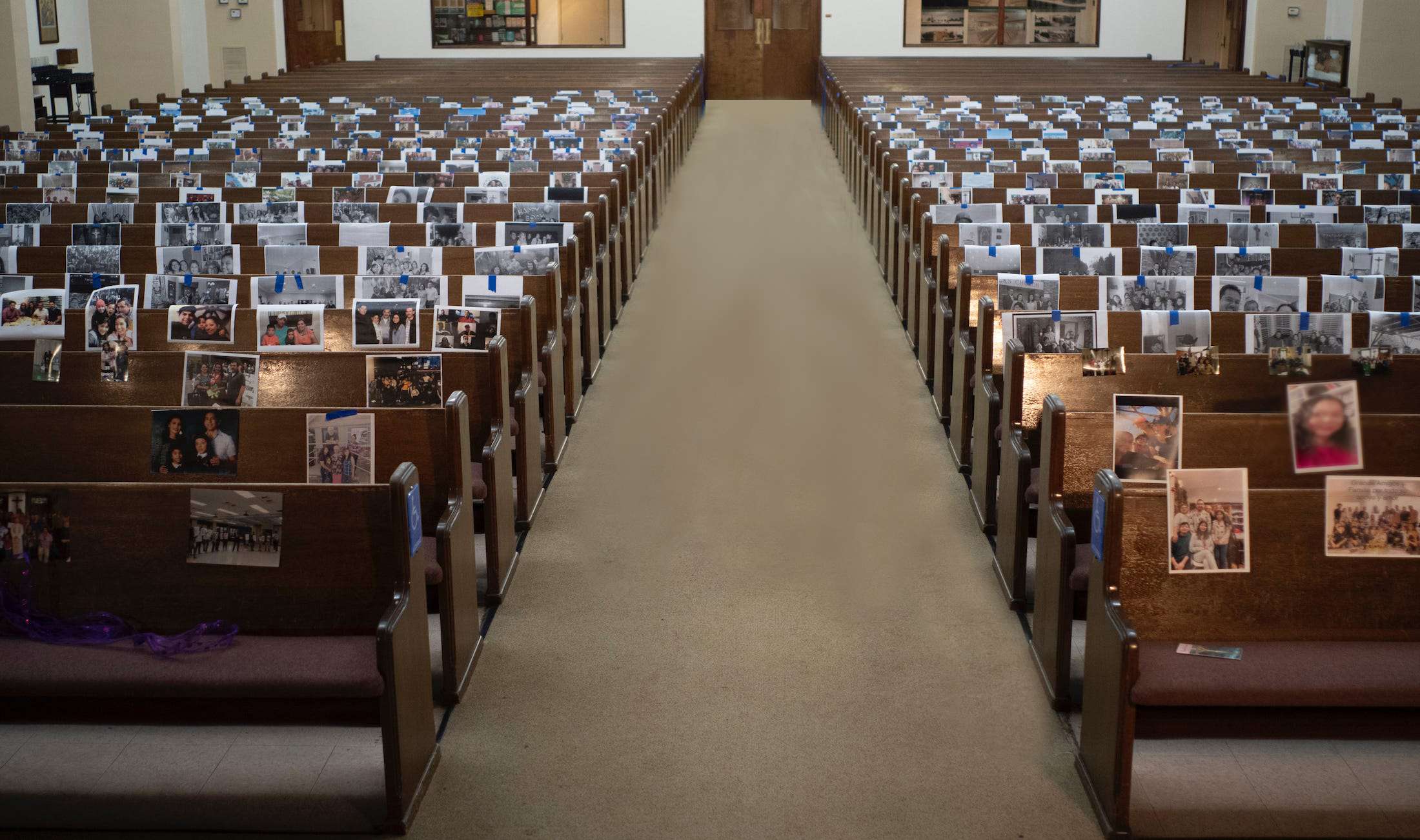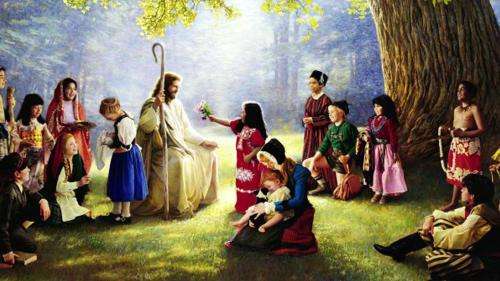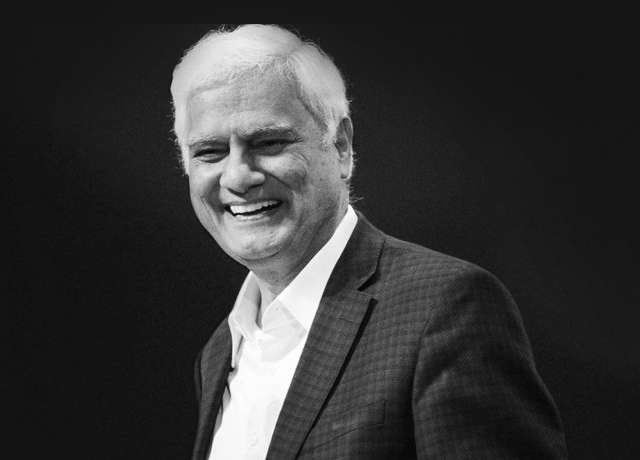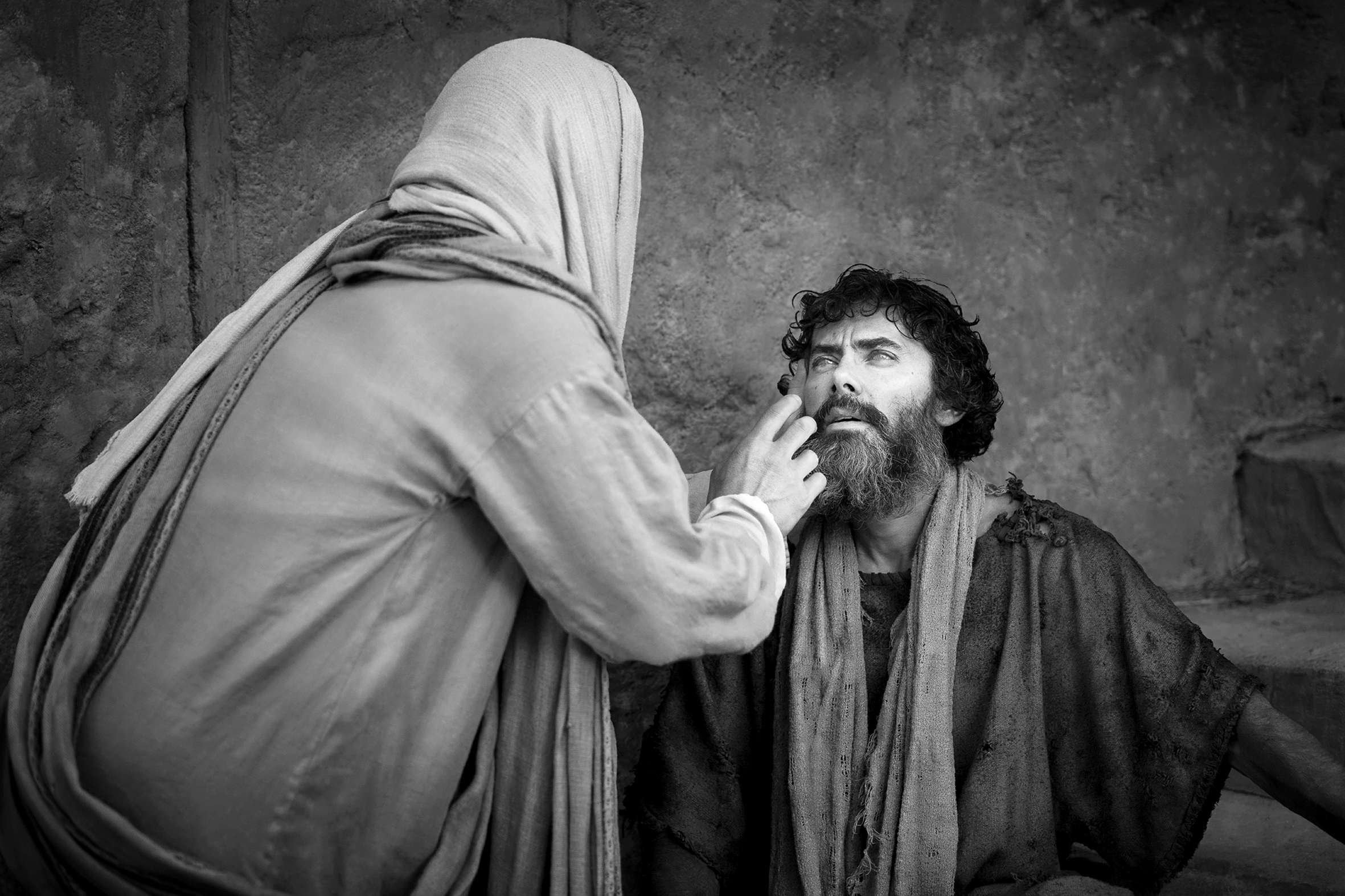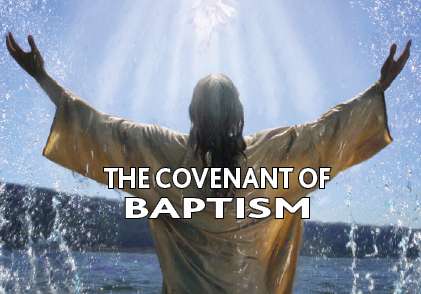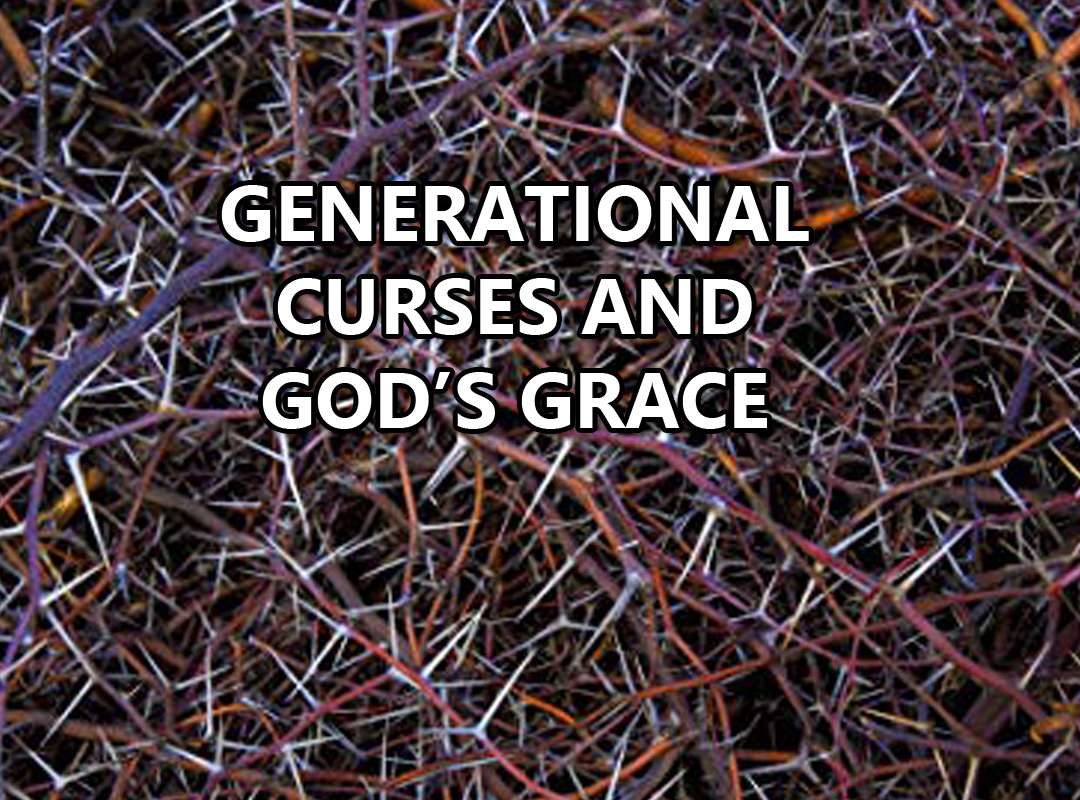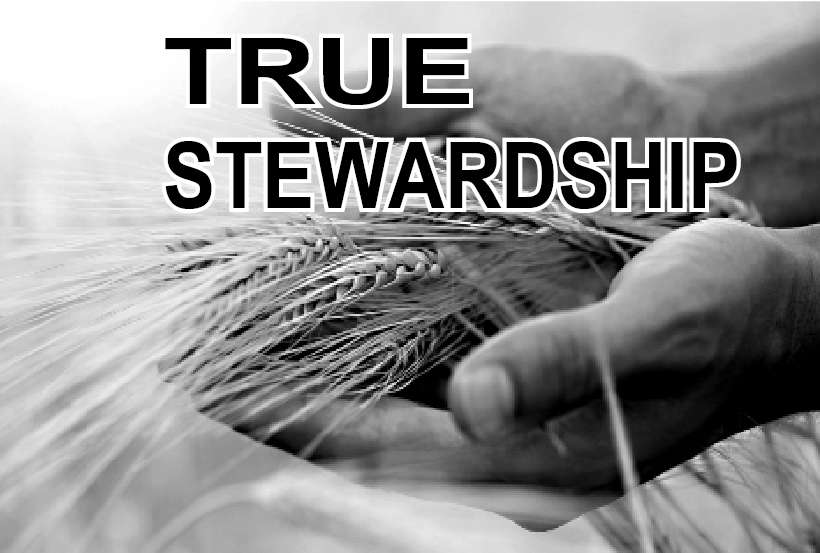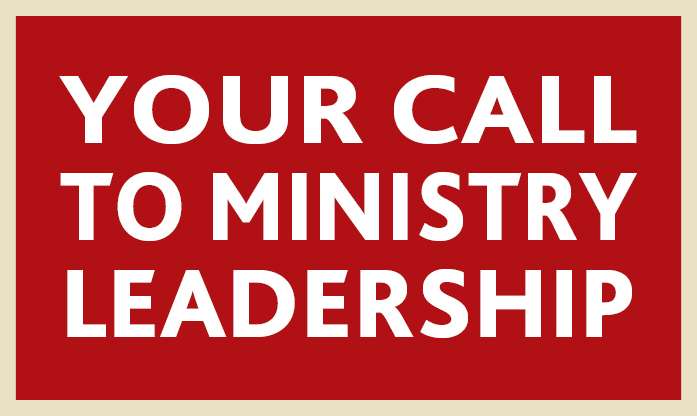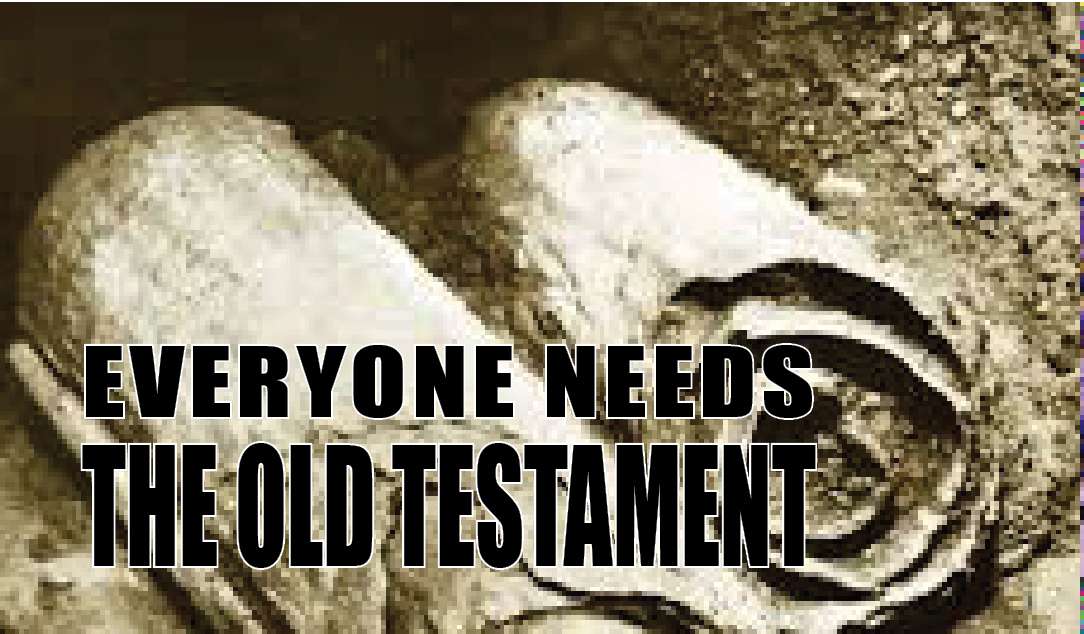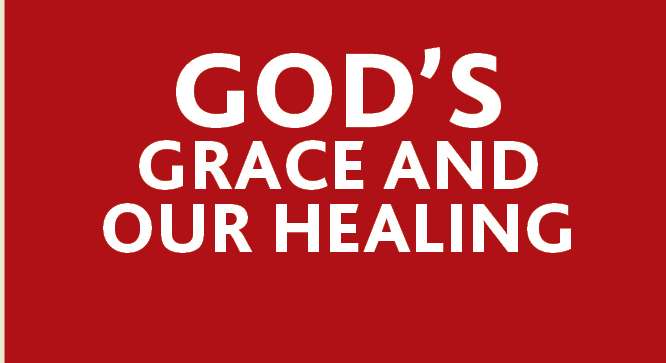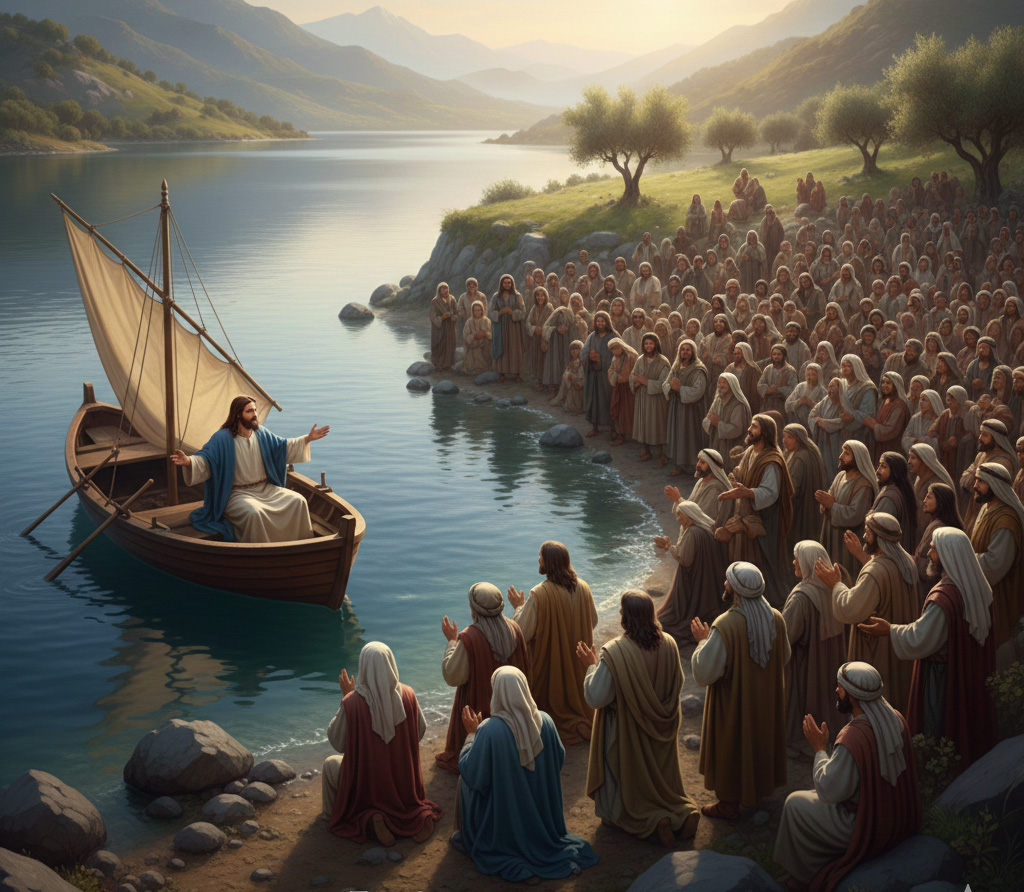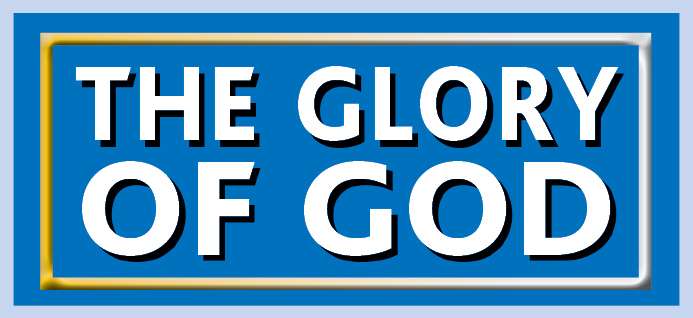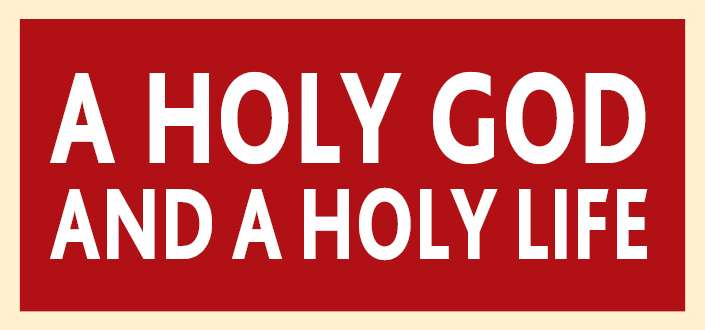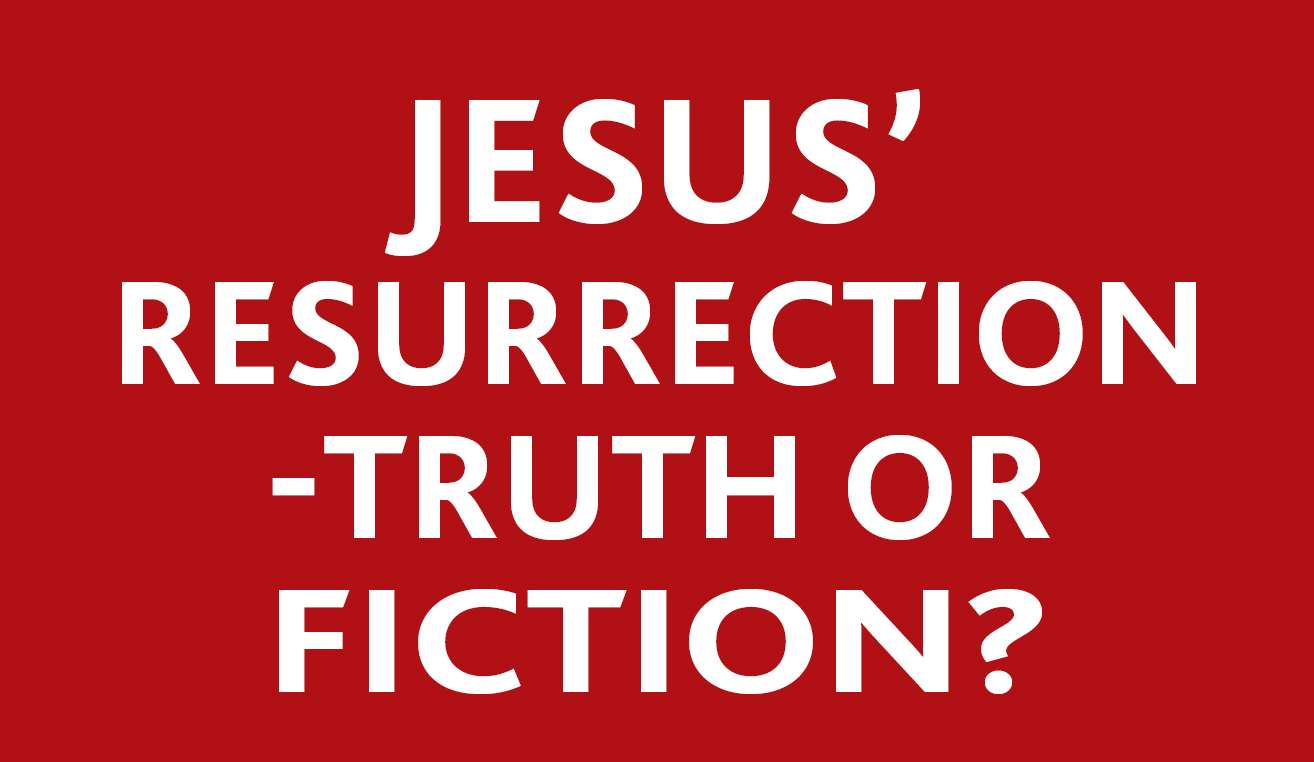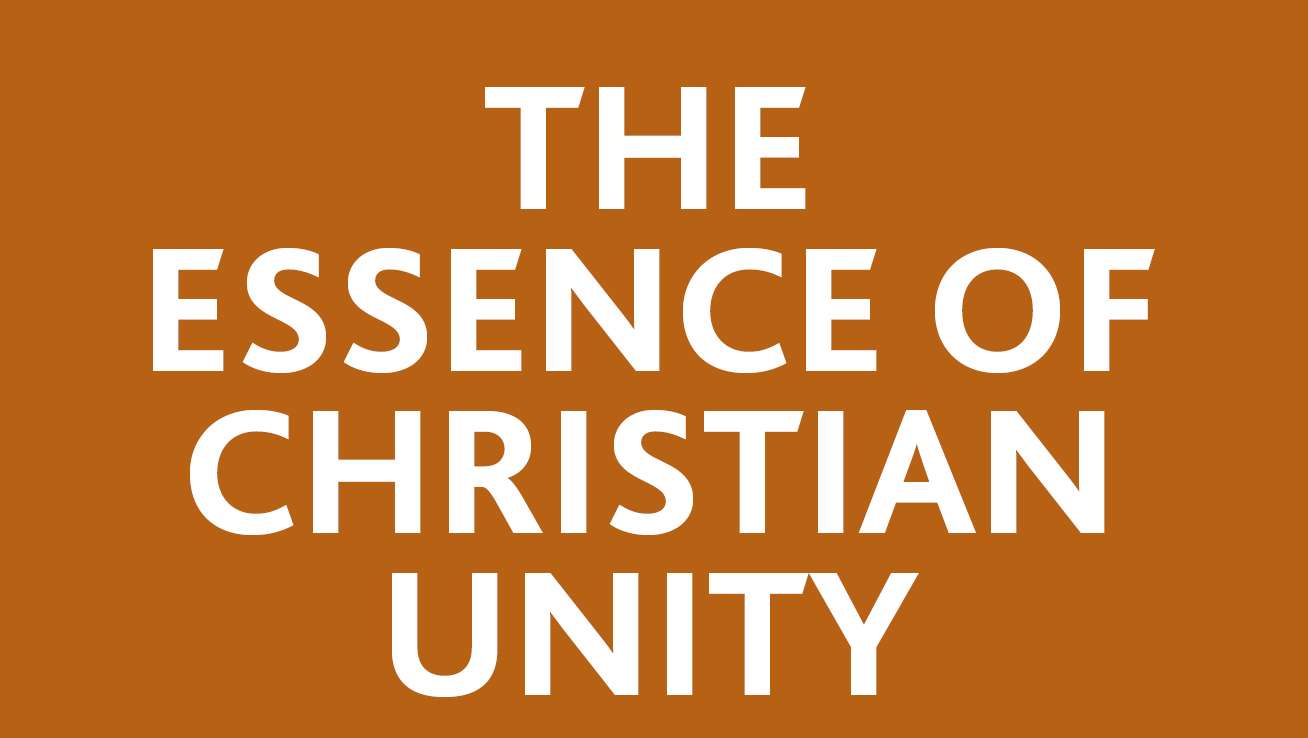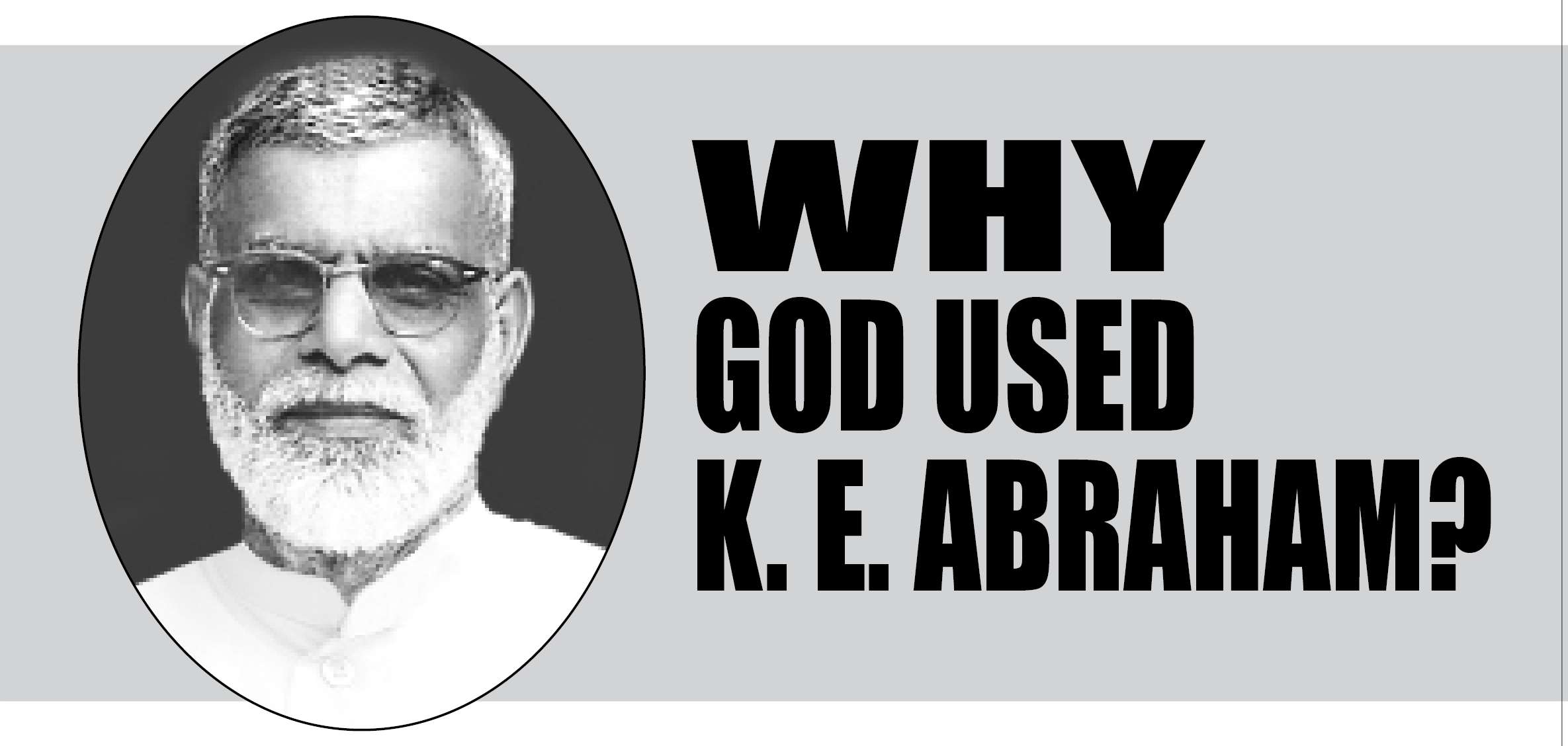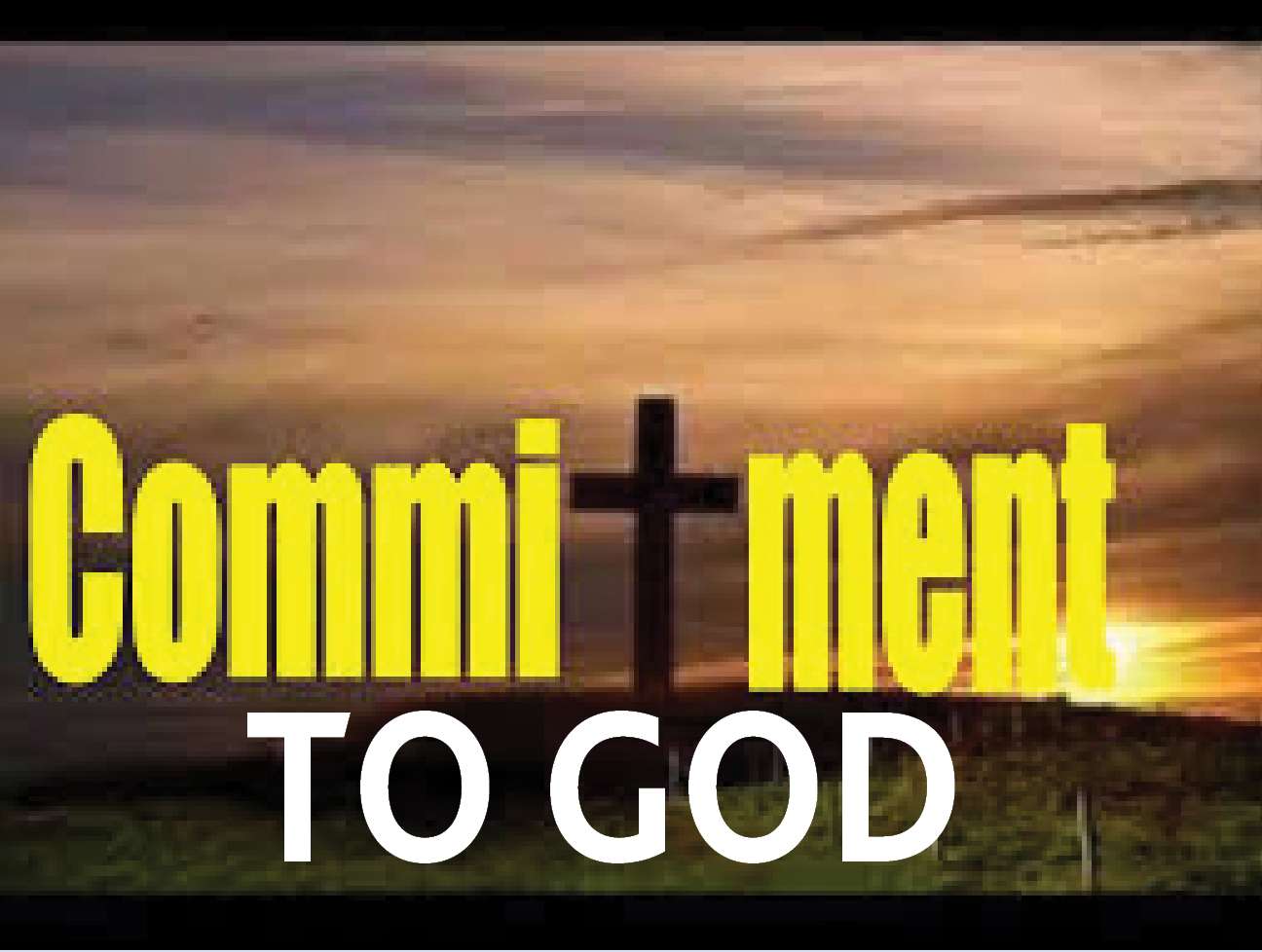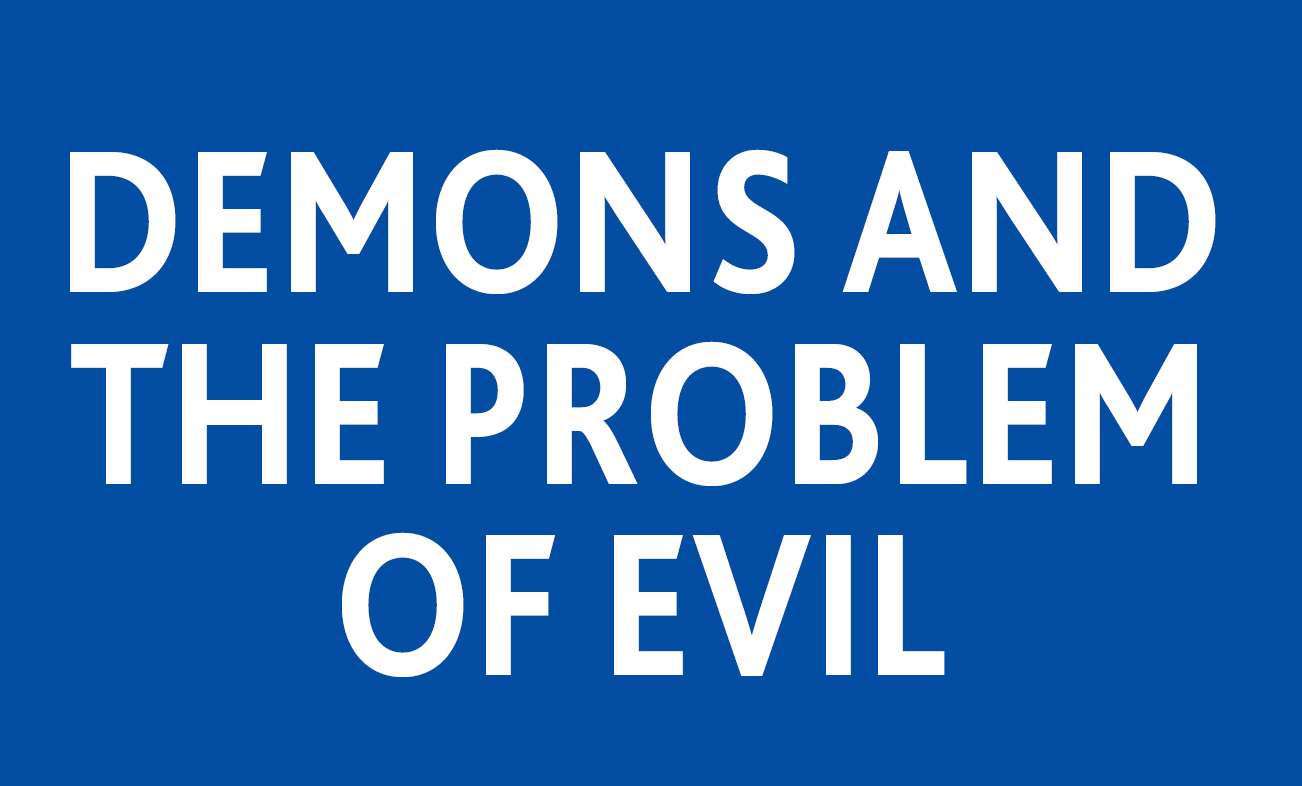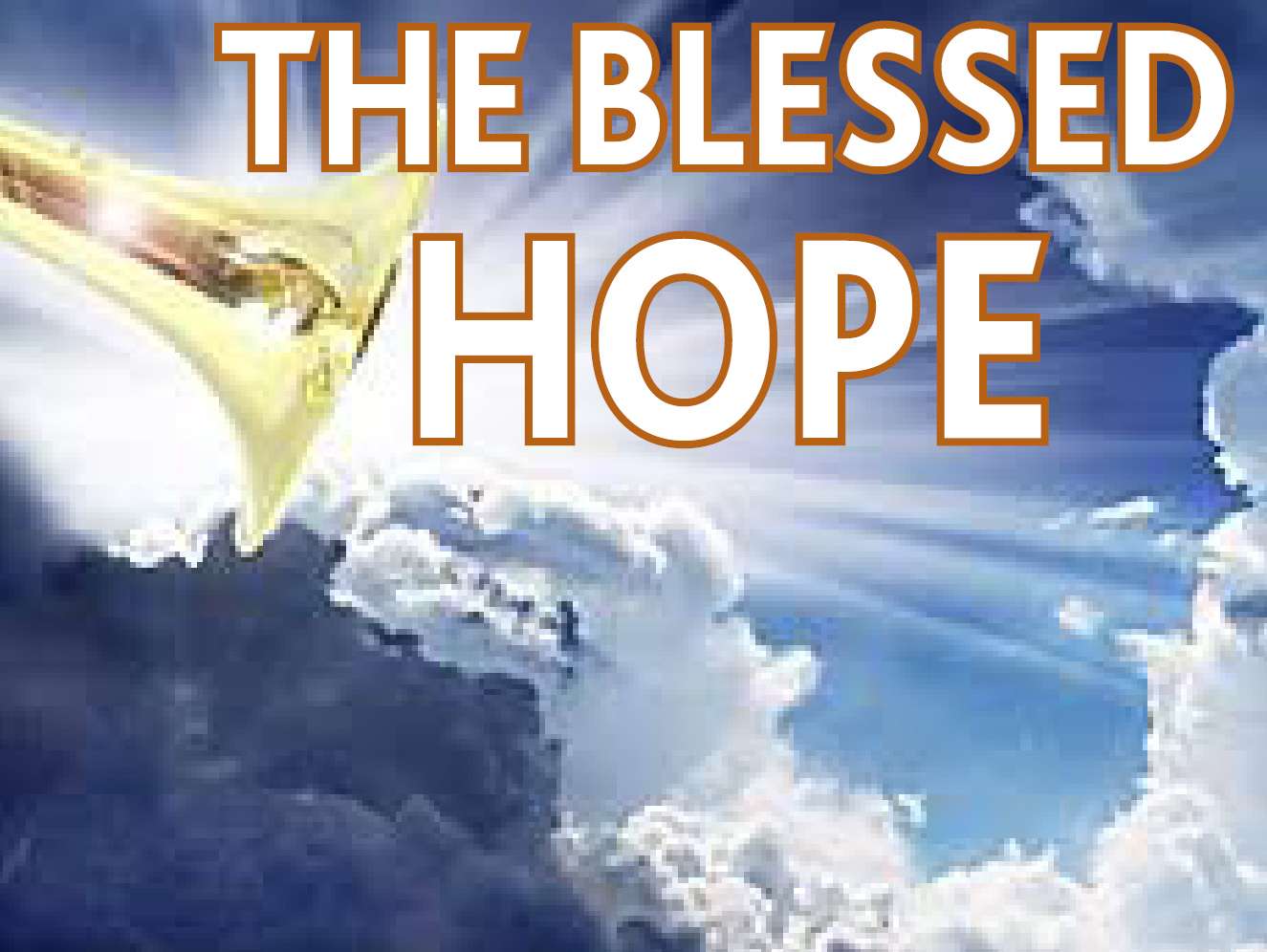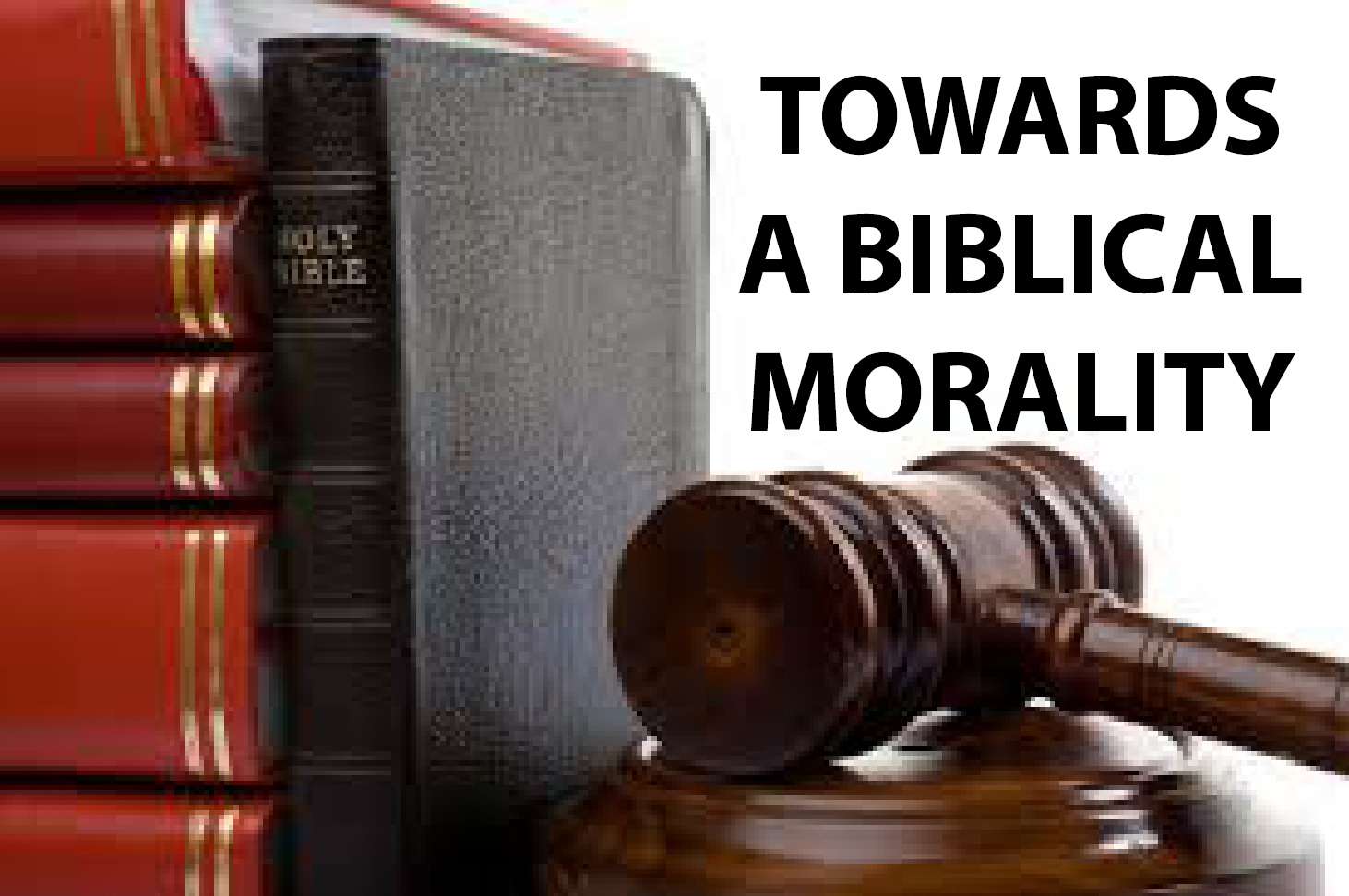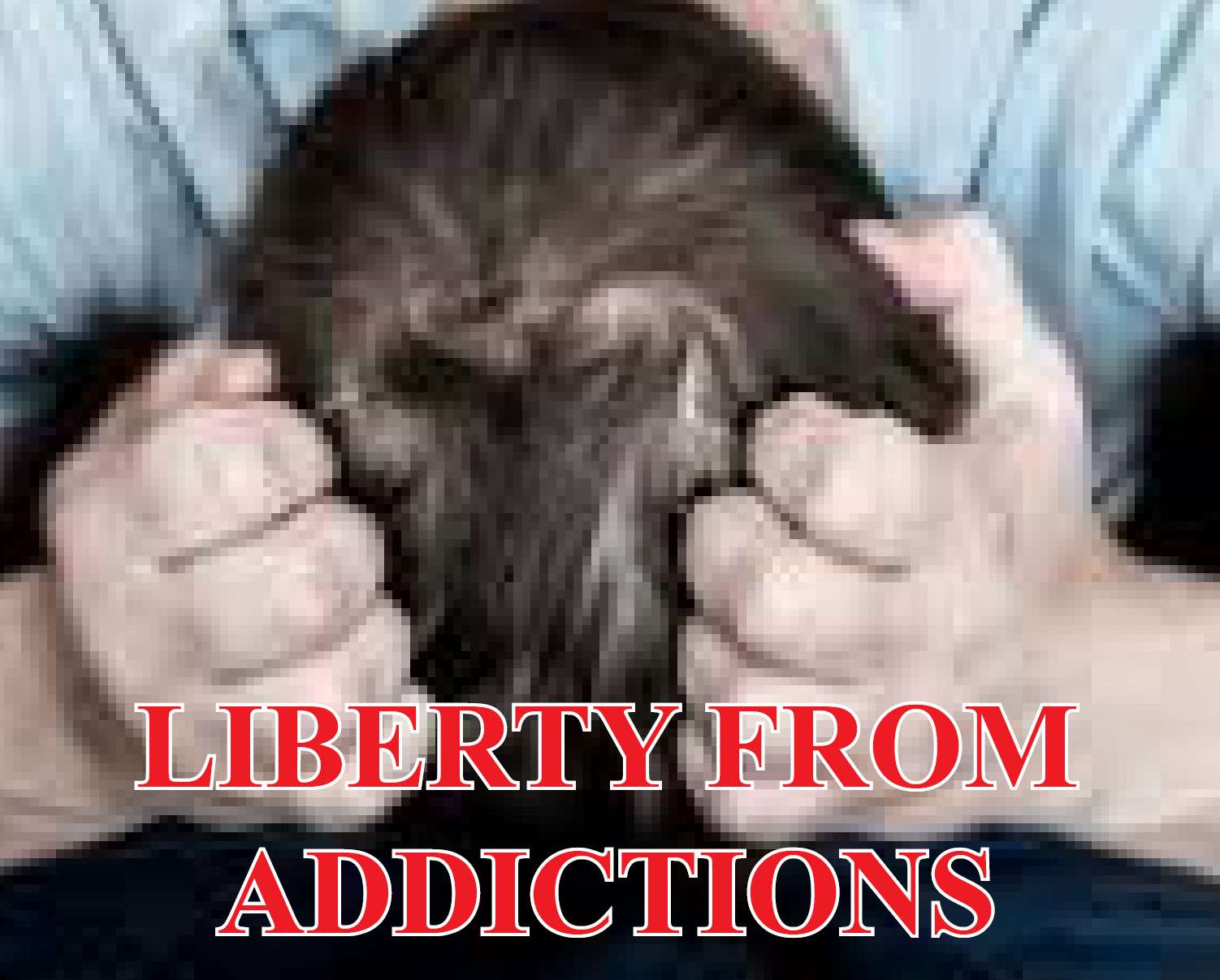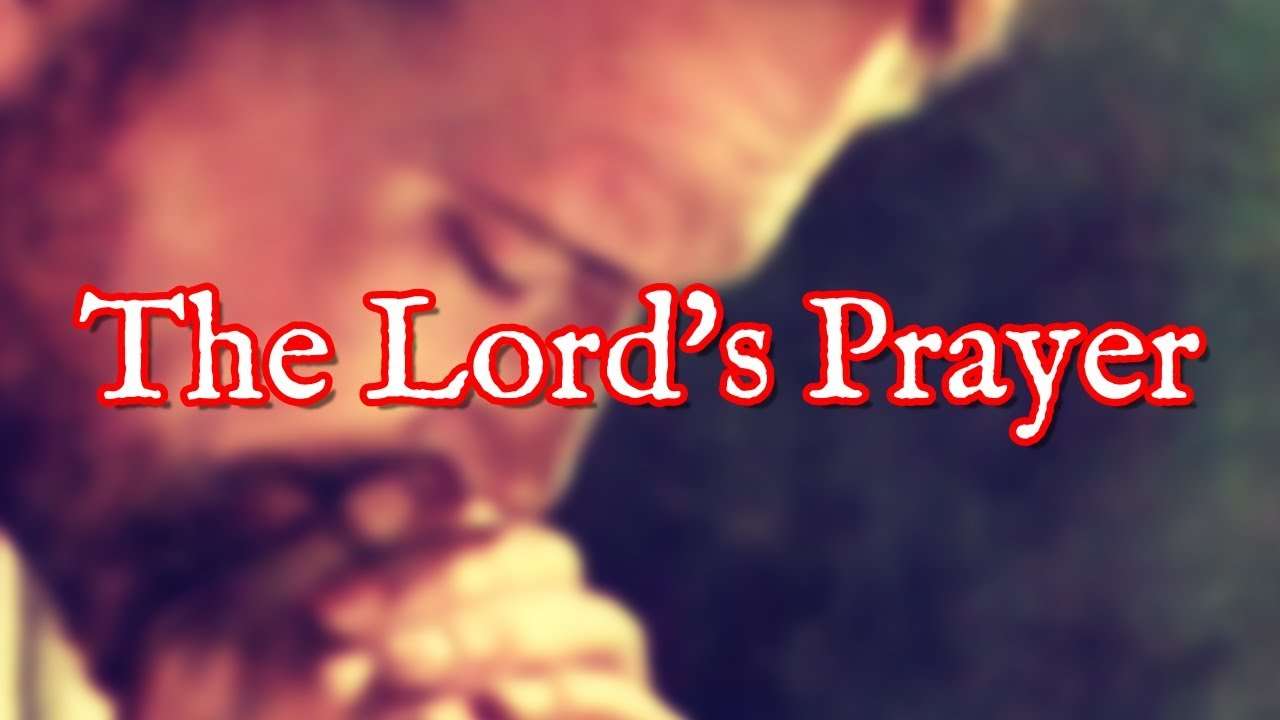

THE BASIS OF GOD'S KINGDOM The Lord's Prayer, Part II
Dr. Valson Abraham
The Lord's Prayer reveals how we should regard God and power and grace to accomplish important things in our own lives and the lives of others.
The Lord's Prayer also reveals us for who we are when Jesus prays, “Forgive us our debts as we forgive our debtors.”
We all tend toward idolatry. Idolatry is more than bowing down to images. It is a mindset that substitutes our will and power for God's.
We want to define God's holiness in terms of our own. We want to define heaven in terms of earth. We want to make our own kingdom come in our own way and time, and we want to call it “heaven.” This habit silently creeps into all our lives like weeds in a garden, devastating us and the lives of those who depend upon us.
That is why Jesus makes a place in His prayer to ask our heavenly Father for forgiveness. We cannot experience the coming of God's kingdom into our earthly lives when we do not confess our sins before Him. Unconfessed sin and lack of repentance block God from working His kingdom into our lives. Unconfessed sin prevents us from experiencing His greatest blessings.
Because God is gracious to forgive us, He expects us to forgive others, sharing the grace we receive from Him. How many tens of thousands of times do we fail Him, yet He forgives us. No one sins against us more than each of us has sinned against God. Failure or refusal to forgive others reflects how little we understand God's grace toward us.
Jesus also knows our tendency to yield to temptation. Jesus' prayer reminds us that God never leads us into temptation. He does not create evil in the world He created. We bring evil into the world when we willfully choose another way but His. This always leads to confusion, disaster and evil.
God is not the author of this evil, but He delivers us from evil. This may sound simpleminded, but temptations are tempting. They are so attractive to us, we simply cannot give them up on our own. Since they are beyond our power, we must depend upon Him to deliver us from this evil. The fact that Jesus tells us to pray for this deliverance means that He will do it.
In our pride and self-sufficiency, we often find it difficult to ask for help. This is why we are reminded at the end of the Lord's Prayer as at the beginning everything begins and ends with God. Just as the Lord's Prayer begins with praise, it ends with praise: “For yours is the kingdom, the power and the glory forever.”
Even as believers, we are inclined to say, “Mine is the kingdom, the power and the glory.” Praise is not something that comes naturally to us. True praise does not involve words merely uttered by our lips but by our hearts. True praise is learned progressively as life's lessons teach us the truth of what we say.
All true prayer recognizes God's right to rule this earth. It recognizes God's right to rule our lives. It recognizes our need to submit to Him as king of our bodies, our behavior, our plans, our church, our families, our work, our school and our possessions.
All true prayer recognizes God's right to extend His rule into every corner of the earth and every corner of every heart. That is why we must continue to take the gospel to those who are still trying to define God's kingdom in their own way.
Millions of people in India yearn for God's kingdom but do not yet know the One who has made it available to them. Let us respond to God's call to give them the Good News.
Father God, forgive me for idolatry, an unforgiving heart and weakness in the face of temptations. On my own, I cannot overcome these things.
I need you to help me. I submit to you as King of my body, behavior, plans, church, family, work, school and possessions. In Jesus' Name. Amen

